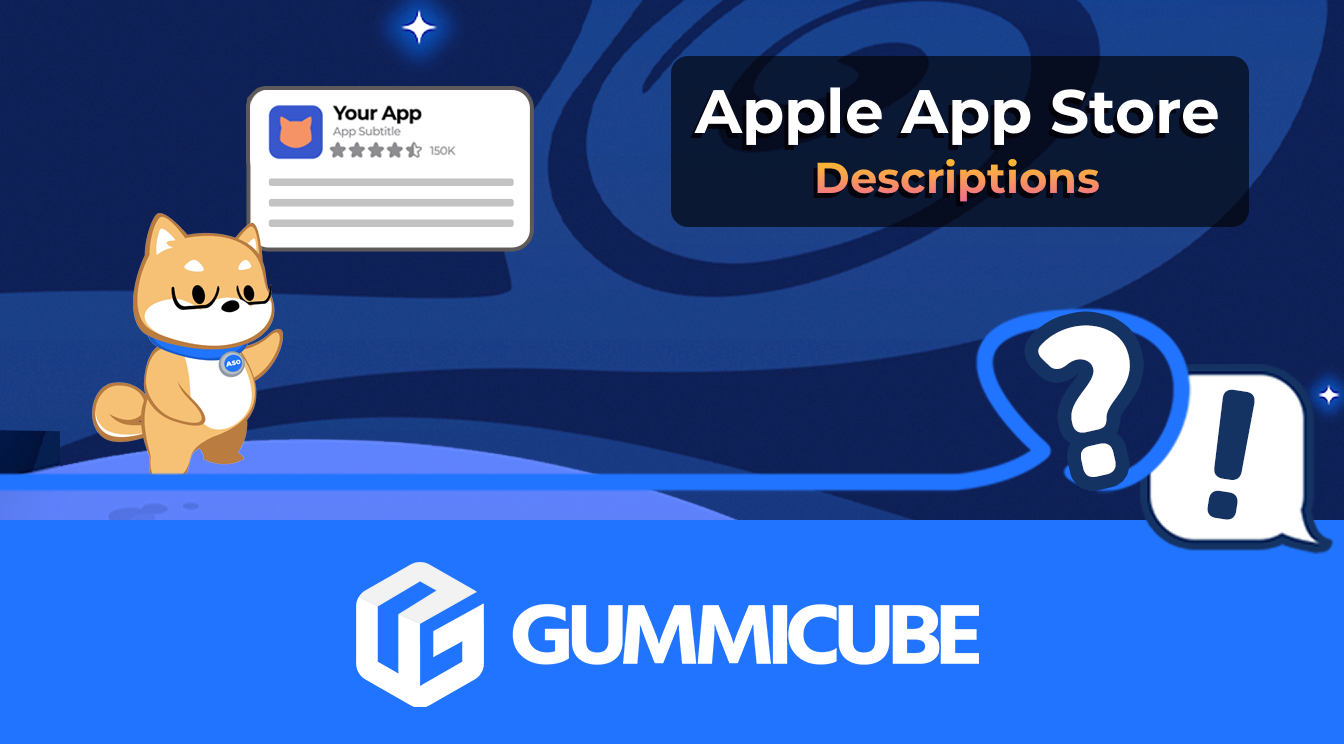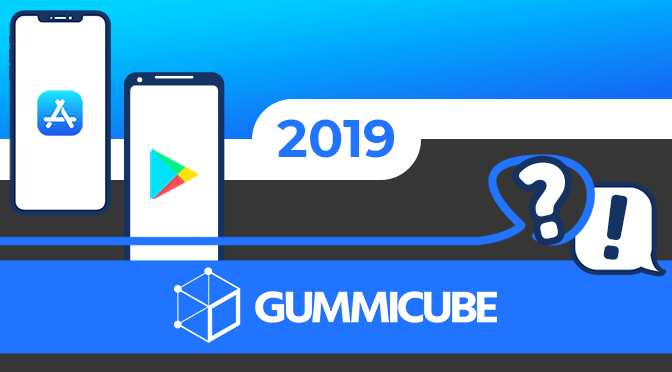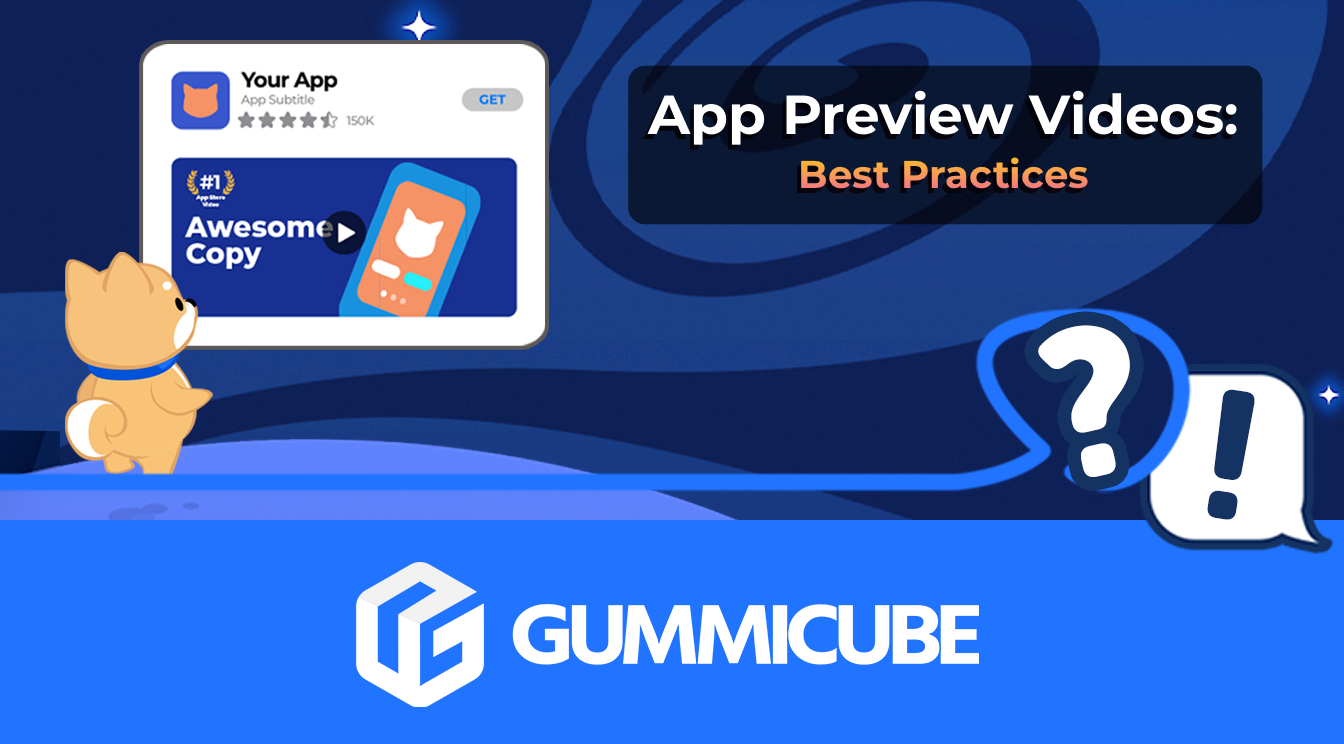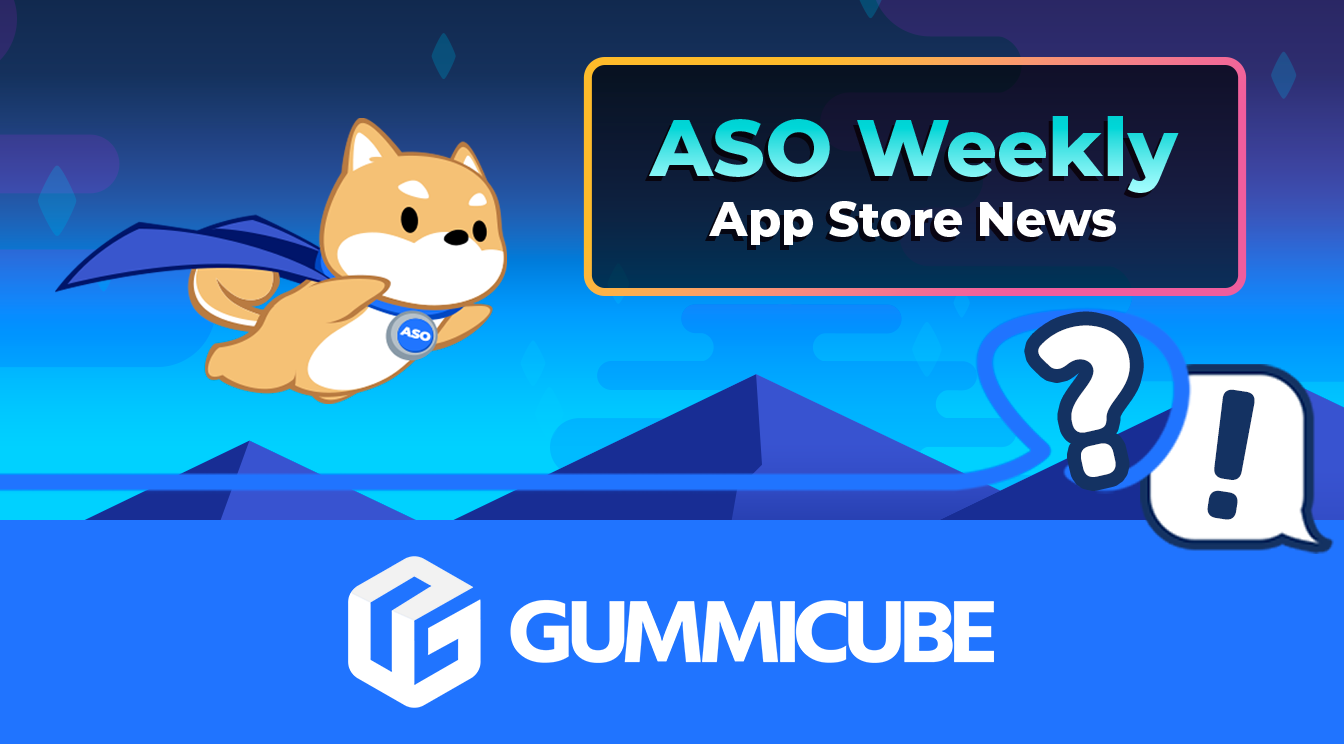
How to Write an Apple App Store Description
Posted on July 17th, 2024
Learn how to approach App Store descriptions the right way so you can effectively engage and convert users.

With 2019 nearing its end, it’s time to take a look back and see how App Store Optimization has changed over the past year. The year was filled with changes that impacted all parts of the app ecosystem, from new devices and operating systems to new store guidelines and developer tools. Let’s take a trip through the year and see some of the biggest changes to come out of 2019.
The technology that powers our apps continues to grow every year. From the devices that we use to the operating systems that power them, there’s always something new and exciting that developers have to keep up with.
Google launched new devices and a new operating system. Additionally, the company worked on expanding Google Play with new rewards and redesigns. The biggest technology changes were:
Apple had a busy year as well. Between new subscription services, devices and operating systems, there was scarcely a time when there wasn’t something new from Apple:
Google introduced a number of tools to the App Store and Play Store on the developer end. These provided new ways to manage apps and track success. Google Play added the following developer tools:
As new concerns and issues arise, Apple and Google often have to update their policies to address them. These changes can have an impact on what features developers include in their apps, how they’re marketed and what they have permission to control.
Google Play had the following changes in 2019:
Apple had similar changes, including:
Paid marketing can supplement an organic App Store Optimization strategy and help apps grow while reaching more users. Apple Search Ads and Google Ads both saw updates in 2019 designed to help developers market their apps.
Apple added new Search Ads territories and localizations, bringing ASA to 59 countries. Meanwhile, Google Ads changed its frequency caps to optimize how often an ad should be shown to individual users.
While those were the biggest changes for apps, ASO and app development, they’re far from the only ones. Other changes in the app marketing ecosystem include:
Looking back on 2019, we can see several significant changes across the app marketing ecosystem. While some changes were widespread and others only impacted certain markets, it’s a clear sign the app ecosystem is always changing. We at Gummicube wish you all a happy new year and are looking forward to the exciting changes to come in 2020.
Want more information regarding App Store Optimization? Contact Gummicube and we’ll help get your strategy started.

Learn how to approach App Store descriptions the right way so you can effectively engage and convert users.

Learn how to grab your audience's attention through effective and engaging app store preview videos.

Welcome to this week’s ASO Weekly - The App Store halts gambling ads amidst outcry and the Apple takes a bite out of NFT app sales.